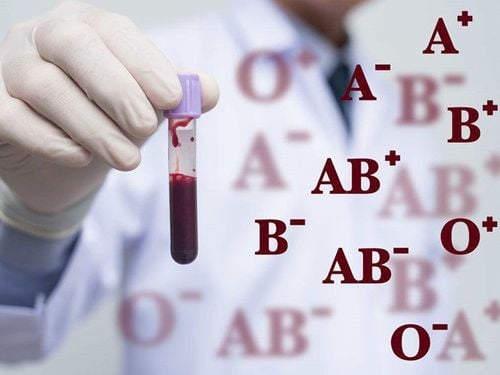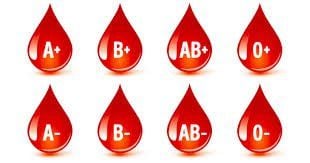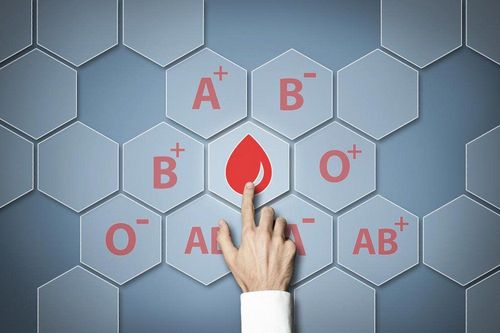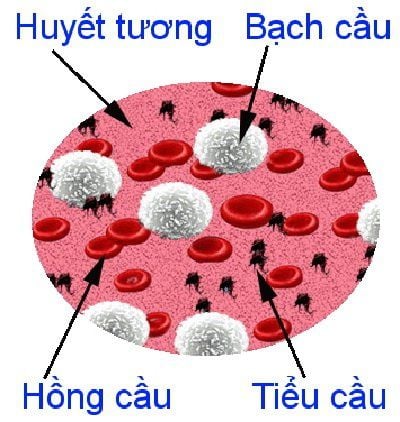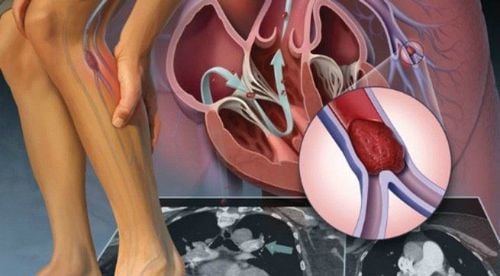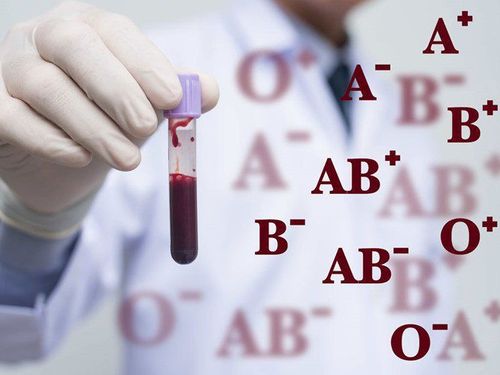This is an automatically translated article.
Article by Doctor Le Thi Na - Laboratory Department - Vinmec Times City International General Hospital.
Blood type is one of the biological characteristics of humans, determined by genes, currently there are about 36 blood types. In terms of applications in medical facilities, the two most used blood group systems are ABO and Rh. The ABO blood group system includes four blood groups A, B, O and AB. Each person will belong to one of the four blood groups above. In addition, there are subgroups A1, A2,A3, Ax, B3, Bx, Bm. The Rh blood group system has two main blood groups, RhD positive and RhD negative. Each person will belong to one of the two blood groups above.
1. When to test blood group?
Blood group testing is performed with indications for blood transfusion or there is a risk of blood transfusion: when anemia is present or surgery is scheduled, the procedure has the potential to cause significant blood loss.
The test selects the appropriate blood unit when dispensing blood for transfusion. When registering to donate blood, donate tissues and organs. Women during pregnancy for the purpose of controlling the risk of mother-child blood group incompatibility. When it is necessary to determine the pedigree. Healthy people should know their blood type for convenience when donating or receiving blood.
2. Meaning of blood group test
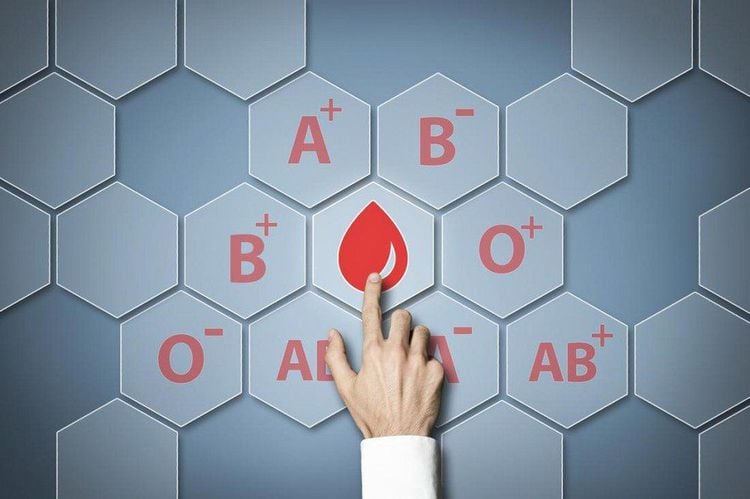
xét nghiệm nhóm máu
Based on the presence of antigens on red blood cells and antibodies in the serum, the main blood groups of the ABO and Rh systems are divided, which has important implications regarding blood transfusion.
Vietnamese people have ABO blood group:
A blood group: 21.2% B blood group 30.1% O blood group: 42.1% AB blood group: 6.6% Rh D positive blood group: 99.96%; Rh D negative: 0.04%
Blood group is determined by genes so it does not change during life (unless there is a hematopoietic stem cell transfusion), AB blood type and or RhD negative is a rare blood type.
Women who give birth with Rh D negative blood group can cause blood group incompatibility with the fetus (RhD positive fetus) causing hemolysis, resulting in stillbirth, neonatal jaundice.
To prevent the disease, it is necessary to periodically monitor pregnancy at medical facilities and have blood group tested. At Vinmec Times City International Hospital, pregnant women are periodically monitored, blood group tested and clinical tests performed. other filter. When a pregnant woman has a negative RhD blood group, the doctor will consider ordering immunoglobulin injections to prevent hemolysis of the newborn and prepare for a safe delivery. Newborns are monitored and treated promptly and effectively when hemolysis is present.
In blood transfusion, implement the principle of ensuring immunocompatibility, that is, there must be a concordance of antigens, ABO and Rh blood group system antibodies between the donor and the recipient. When blood transfusion is needed, doctors will specify and advise specifically.
To register for an examination at Vinmec International General Hospital, you can contact the nationwide Vinmec Health System Hotline, or register online HERE.





